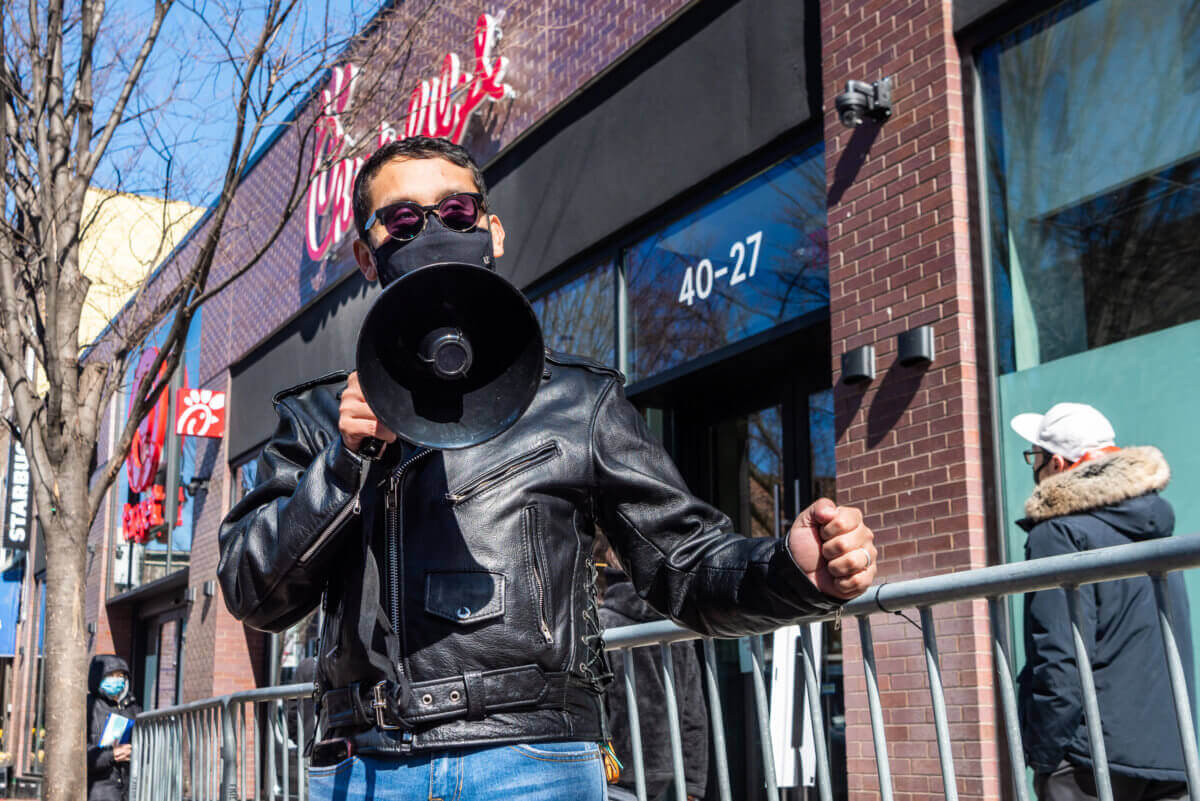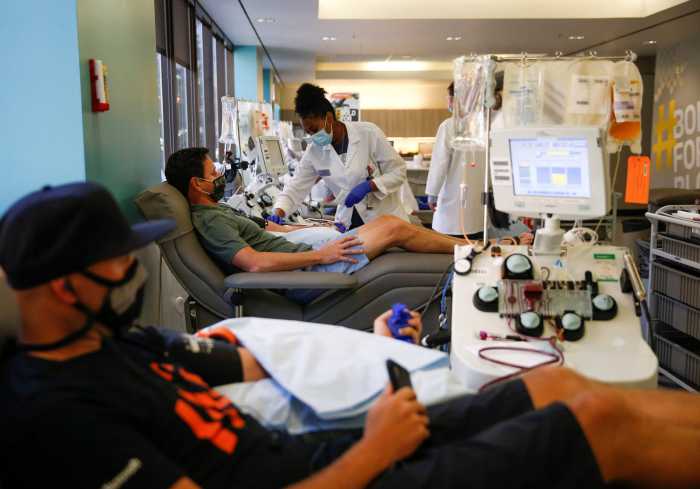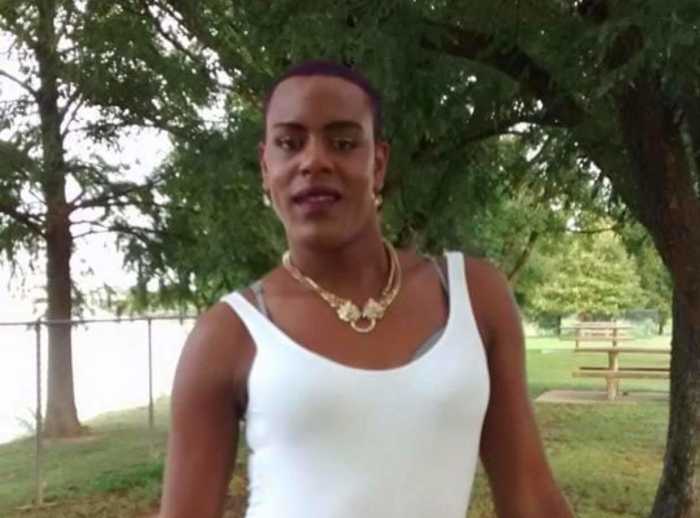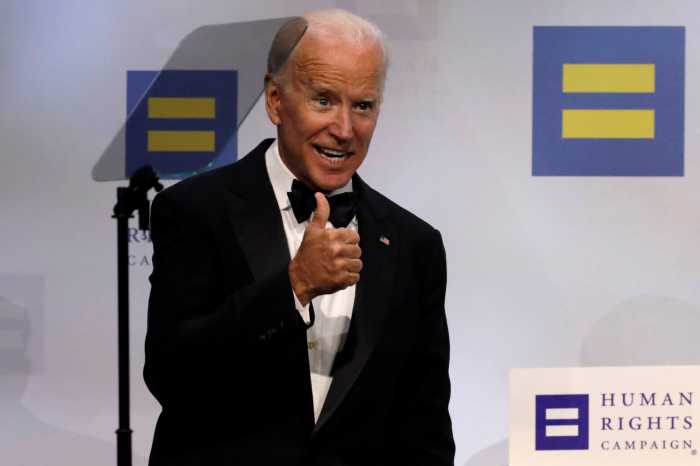A small group of community members gathered outside of the newly-opened Chick-fil-A in Jackson Heights on February 25 to condemn the chain restaurant’s history of supporting anti-LGBTQ groups.
Daniel Puerto, an out LGBTQ community activist and co-founder of Love Wins Food Pantry, said it was important to shed light on Chick-fil-A’s “history of discrimination” against the LGBTQ community, given their arrival at 40-27 82nd Street, which opened a day earlier on February 24.
“We are in Jackson Heights, home to a large number of LGBTQ communities [and] home to a large number of trans and gender non-conforming people, and today we are here to not only question how was Chick-fil-A welcomed to our community, but to also remind our neighbors about businesses like these so that we can be an informed consumers,” Puerto said.
LGBTQ advocacy groups have long fought the Atlanta-based chain restaurant for not only donating millions to organizations with a history of anti-LGBTQ practices, like Salvation Army and Fellowship of Christian Athletes, but also for its CEO Dan Cathy’s comments opposing same-sex marriage. The outrage has been evident across New York City, as well. In 2019, the Mets took criticism for plastering Chick-fil-A ads on the foul pole at Citi Field, and that same year, the Yankees’ minor league affiliate in Staten Island also came under fire for a partnership with Chick-fil-A — and the team wound up scrapping the deal altogether.
Also that year, Chick-fil-A — a multibillion dollar chain popular for its fried chicken sandwiches and customer service — announced a shift in their donations following growing protests from advocates and customers. But they did not explicitly promise to stop donating to anti-LGBTQ groups.
“Businesses like Chick-fil-A support groups that push LGBTQ youth to suicide, groups supported by businesses like Chick-fil-A fight to make sure that LGBTQ communities continue living below poverty rate lines, groups supported by business like Chick-fil-A ensure that our communities keep living in the shadows and that they keep being denied the dignity to exist in the community that welcomes them and loves them,” Puerto said.
Puerto added that he was recently on a call with someone who said that every time they walk by a Chick-fil-A, they get “post-traumatic stress because they supported the group that was going to convert” them, referring to the debunked practice of conversion therapy.
“People have lost their lives, people have been killed, people have been denied access to quality of life because of groups like this and these are repercussions that are going to impact someone’s life forever,” Puerto said.
Organizers also worried about the impact that more chains will have on the neighborhood, where businesses are predominantly mom-and-pops.
Shirma Pandey, an organizer with Queens Neighborhoods United, said that what they need is support for their communities and less of a focus on big corporations.
“This was never a block that should have welcomed any corporation like Chick-fil-A, and yet in partnership with the 82nd Street Partnership and the Business Improvement District here, companies like Chick-fil-A, like Starbucks and Target are now on this block,” Pandey said. “We know these corporations do not have our community’s best interests at heart and we will continue to keep a watchful eye on their activities and the way that they treat our people, because we have not seen, we have not had proof in other neighborhoods and in other places that they will treat our communities with kindness and with respect. We will continue to fight against these corporations as they continue to extract and leach off of our neighborhoods.”
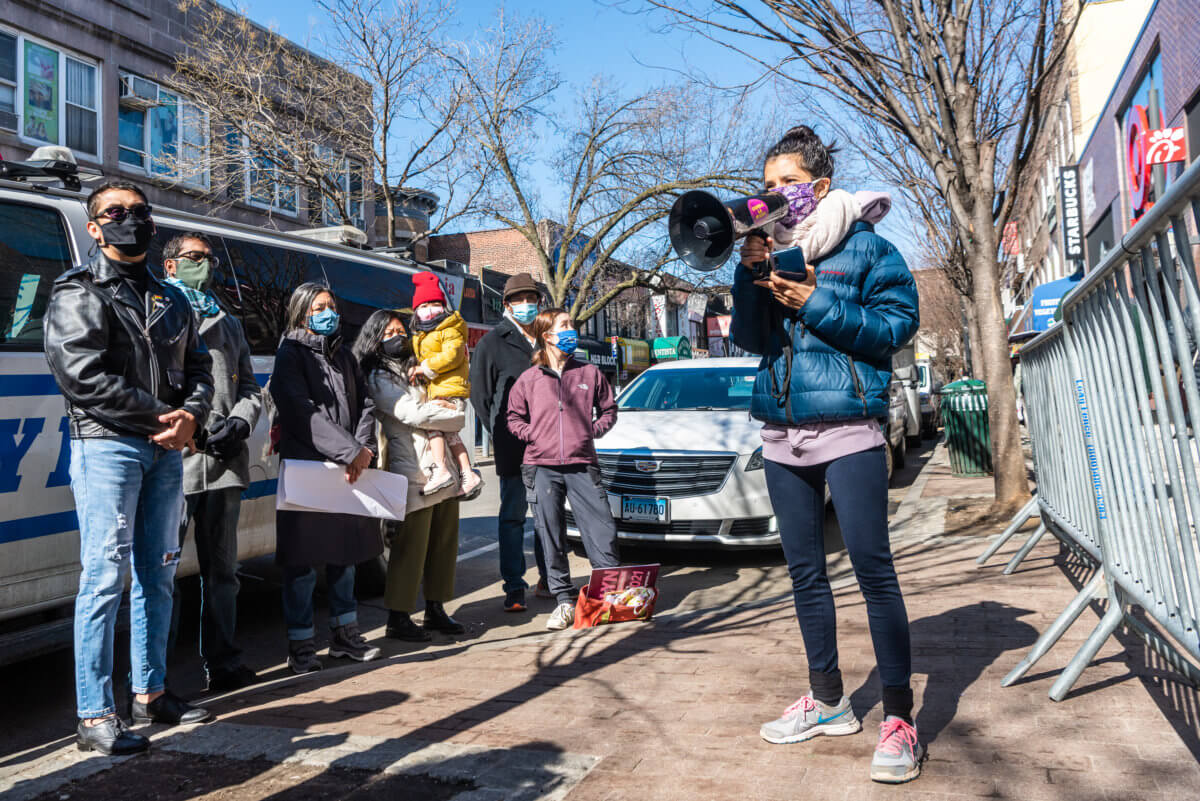
The new Jackson Heights location is the first stand-alone Chick-fil-A to open in Queens (a previously-opened stand is located at the Queens Center Mall’s food court). As a franchise, the new location is independently owned by Aman Mekonen, an immigrant and Queens resident.
Puerto said the business owner and the BID “have a responsibility to the community” to listen their concerns.
The demonstration was short and small with less than a dozen attendees, including City Council candidates Shekar Krishnan, Carolyn Tran and Talea Wufka. Chick-fil-A appeared fairly busy during the lunch rush hour.
Before the demonstration began, the NYPD’s 110th Precinct placed barricades on the sidewalk in front of the restaurant. There were about 10 NYPD officers standing nearby, along with two vans and one car parked in front of the restaurant.
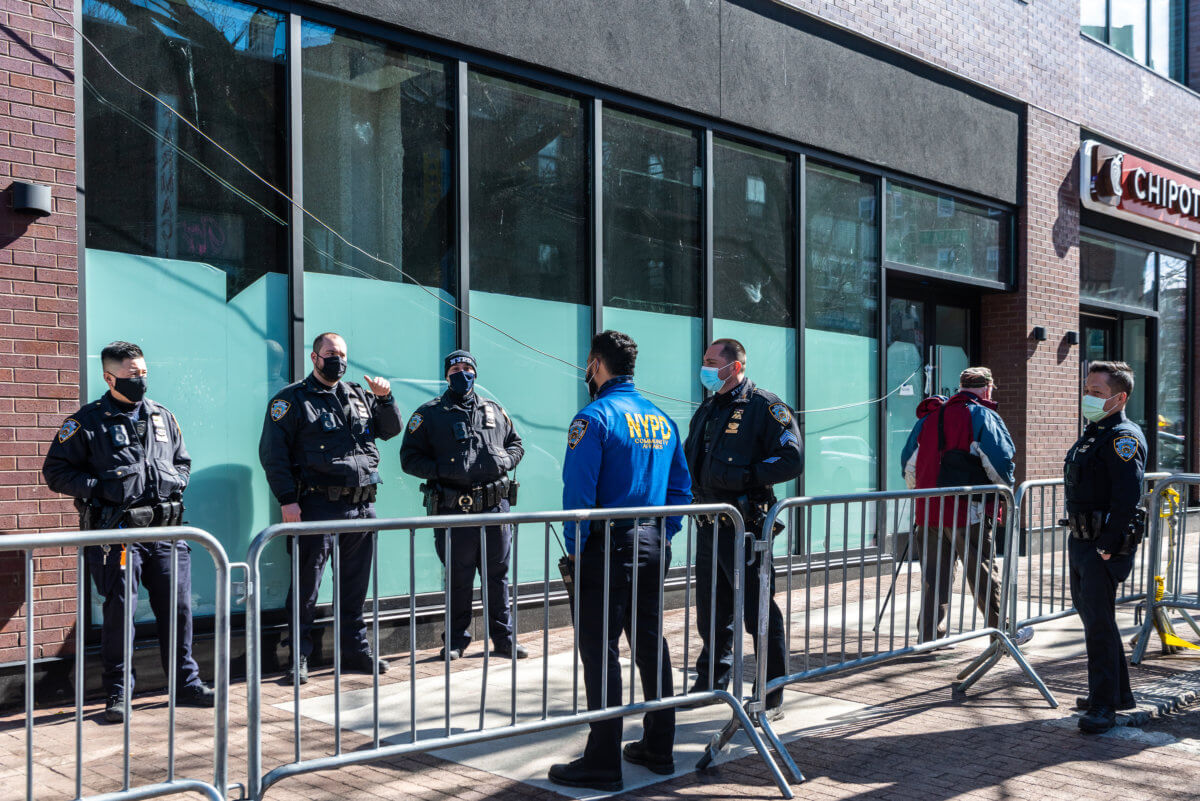
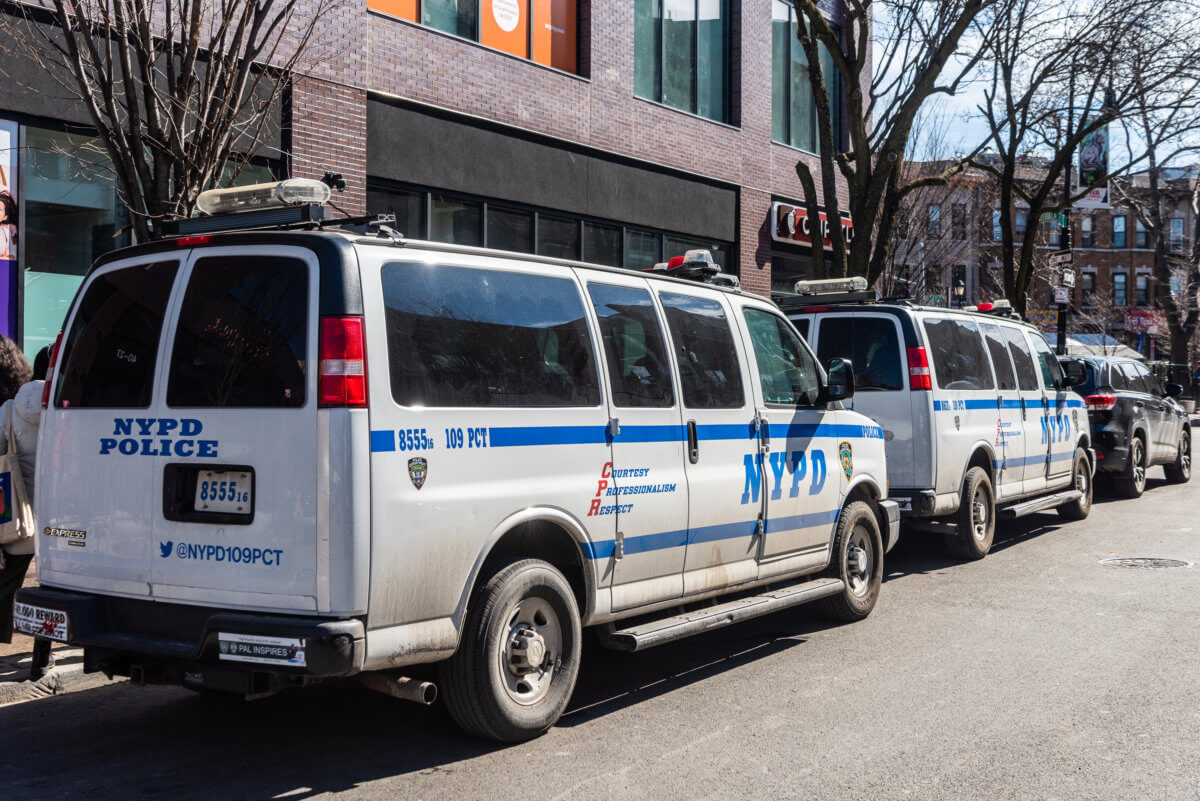
Puerto and other attendees were visibly confused to see such a police presence for what was a small demonstration.
“There’s no reason why there were barricades in our demonstration, there’s no reason why we have about 10 cops in a small response action that was not a protest, that was just a demonstration to support our neighbors. That’s violence to me,” Puerto said. “The fact that this business feels we need police surveillance, as victims of police violence, is concerning and this is where our communities need to understand the multiple layers of oppression that we face and how we can’t just ignore it and say ‘well it’s not happening now.’ Seeing cops go into Chick-fil-A continues echoing that message that they are supporting each other’s hate towards people like me and my LGBTQ brothers and sisters.”
A Chick-fil-A spokesperson did not respond to a request for comment regarding the demonstration.
This story originally appeared in Gay City News’ sister publication qns.com.

